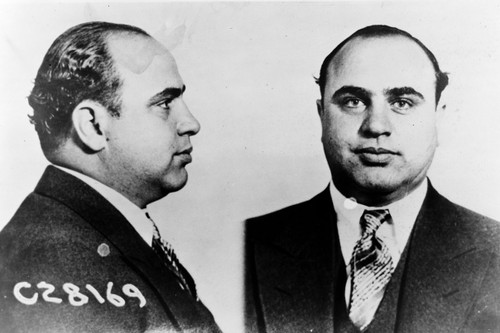Product Description
Abstract
While Chicago and New York saw the decline of the mob by 1980, organized crime and violence burgeoned in Boston through the 1970s, 1980s, and 1990s. James “Whitey” Bulger, Boston’s most notorious criminal, ascended through the ranks of Boston’s Irish mobs, only to turn around and become one of the FBI’s most closely-guarded informants in 1974. While under FBI protection, Bulger used his informant status to locate and assassinate gang competition and fellow informants, extort funds from local illicit operations as well as unsuspecting businesses, and consolidate a criminal network that extended over the entire city. After evading law enforcement for 17 years, he was arrested in 2011 and put on trial for nineteen murders.
This case study recounts Bulger’s role in the aggressive expansion of Irish gangs during the simultaneous erosion of the Italian mafia in Boston, and considers a number of law enforcement missteps that shielded Bulger from prosecution when he became an FBI informant, ultimately allowing him to escape the city in 1994. It then examines the steps taken by law enforcement to finally dismantle Bulger’s criminal network, an effort that in 2013 concluded with the prosecution of Bulger himself.
Learning Objectives
- Understand the history of organized crime in the late 20th century, particularly in Boston, as well as the particulars of Whitey Bulger’s criminal activity.
- Evaluate the relationship between law enforcement and informants and its impact on organized crime.
Subjects Covered
Whitey Bulger, Irish mob, Boston, organized crime, informants, law enforcement, Kefauver hearings, Robert Kennedy, corruption, task forces, fronts, Racketeer Influenced and Corruption Organizations Act, RICO, Irish gang wars, Winter Hill Mob, Killeens, Mullens, La Cosa Nostra
Setting
Geographic: Boston, Massachusetts
Industry: Organized Crime
Event Start Date: 1960s
Accessibility
To obtain accessible versions of our products for use by those with disabilities, please contact the HLS Case Studies Program at hlscasestudies@law.harvard.edu or +1-617-496-1316.
Educator Materials
Watermarked educator copies for this product are available free of charge to educators and staff at non-profit institutions. Please create an account or sign in to gain access to these materials.
Note: It can take up to three business days after you create an account to verify educator access. Verification will be confirmed via email.
Copyright Information
Please note that each purchase of this product entitles the purchaser to one download and use. If you need multiple copies, please purchase the number of copies you need. For more information, see Copying Your Case Study.




